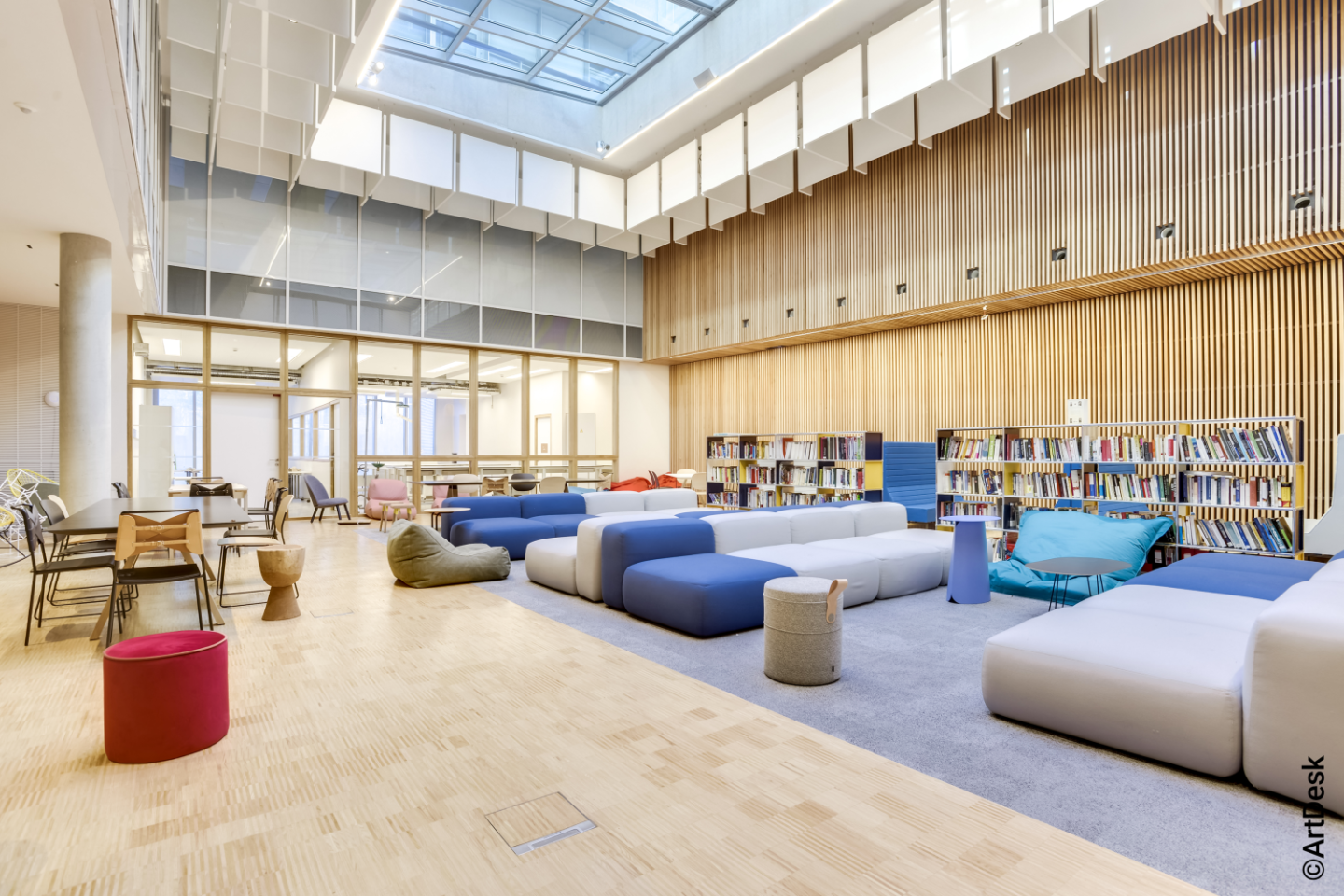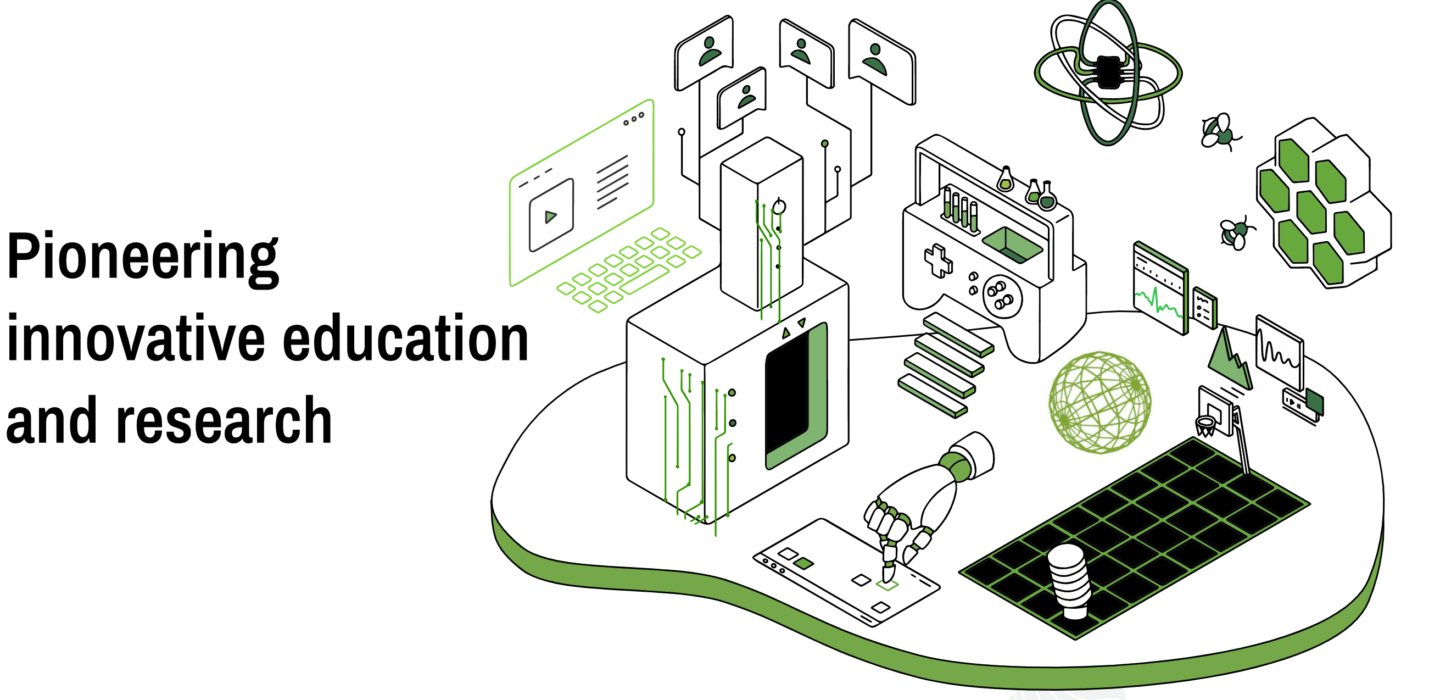The Learning Planet Institute is the new iteration of the Center for Research and Interdisciplinarity, or CRI, started by researchers François Taddei and Ariel Lindner in 2006. As suggested by its name, the Learning Planet Institute is a driver of the learning-society revolution that believes learning, research, collective intelligence, and creativity can help both individuals and organizations adapt to the increasingly complex challenges of our rapidly changing world.

We are a research-and-development center as well as a graduate and post-graduate school developing programs for kindergarteners and doctoral students alike and every age in between—and even for continuing-education learners. We likewise offer services to government agencies, companies, and other types of organizations as they embark on their learning-society transformation. Our unique position as a digital-innovation hub tapped into a global community of change-makers lets us explore and share knowledge in new ways at an unprecedented scale, all for the purpose of facing head on the great social and environmental challenges of our time.
Thanks to long-standing partners the Bettencourt Schueller Foundation, the University of Paris, CY Cergy Paris University, the French General Secretariat for Investment, the City of Paris, Inserm (the French Institute of Health and Medical Research), and UNESCO, the Learning Planet Institute can continue in the CRI’s legacy as an agent of change where research and entrepreneurship come together to have a real impact in making the world a better place for live.

A 7300 m² eco-responsible campus
The new Learning Planet Institute campus, whose site was graciously provided by the Ville de Paris, opened in October 2018 after renovations made possible through the generous support of the Bettencourt Schueller Foundation. The campus includes an on-site student residence comprising 55 dormitories, and housing is provided based on income considerations as well as how far students have to travel to get to campus.
Advancing accountability and sustainability on our Paris campus
At the Learning Planet Institute, we are committed to building a better future, working with the members of our community to ensure a positive social, economic, technological, and environmental impact in everything we do. Our vision is rooted in the United Nations’ Sustainable Development Goals and we foster sustainable development and social responsibility through four tenets:
Limiting our campus’s environmental impact by scrutinizing every aspect of our operations and activities and implementing the solutions necessary for continued responsible development.
Helping all learners in the Learning Planet Institute community to explore their role in a sustainable and inclusive future and working with the Learning Planet Institute’s pedagogical teams to foster agility in responsible education.
Driving research approaches ever forward and adding to scientific knowledge. Research carried out at the Learning Planet Institute seeks to effect real change in our society that benefits everyone.
Respecting the workplace principles of well-being, diversity, personal development, work-life balance, and meaningful work, all of which contribute to the further development of our organization.


